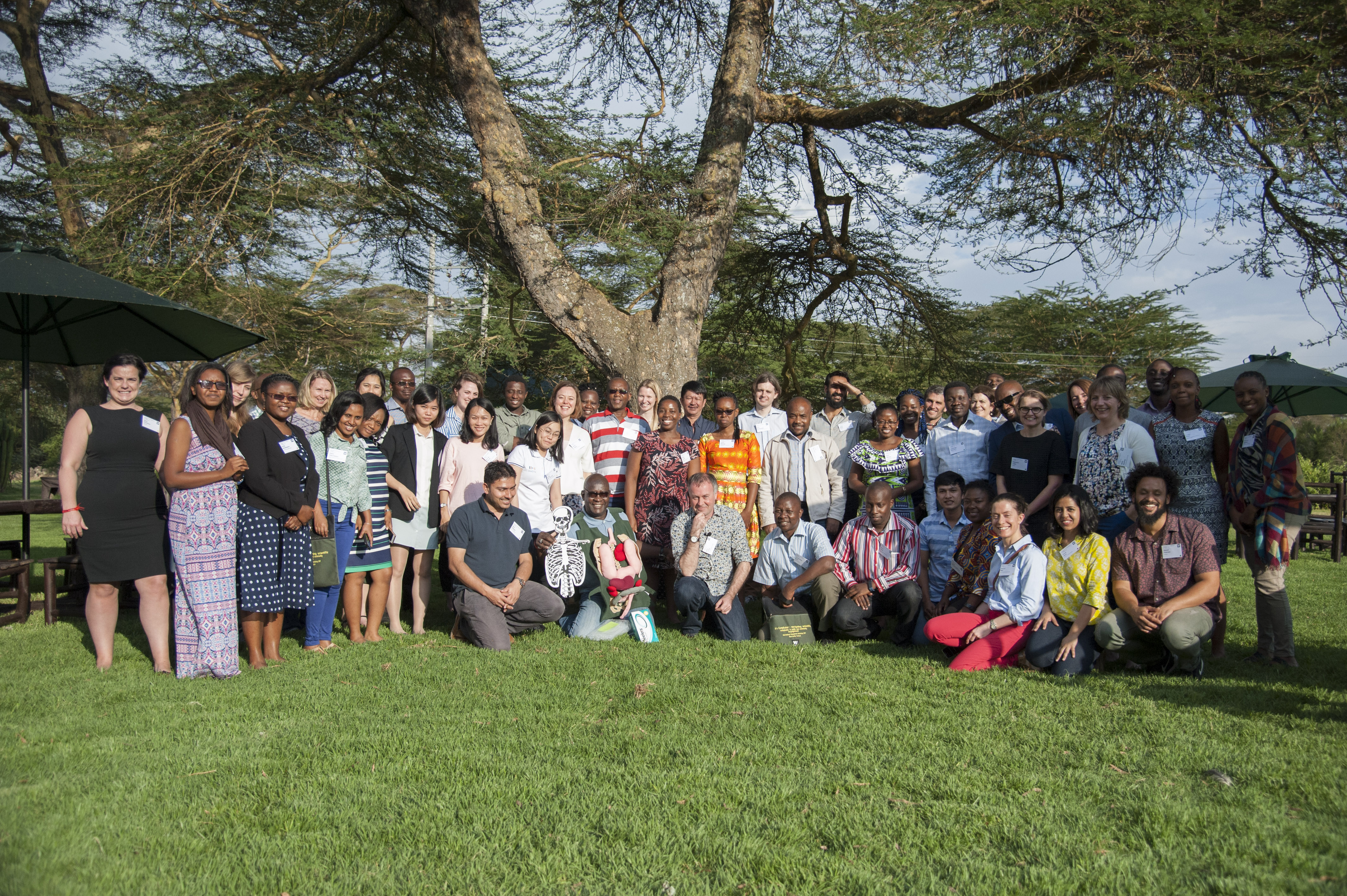Engagement does not mean one thing to everyone, and this became clear during discussions at the 2017 Wellcome Trust International Engagement Workshop. Practitioners and other parties involved in engaging communities with research had different views on how engagement should be defined, on why engagement should be executed, and on how engagement activities should look. Whilst these views may have differed, they rarely conflicted, and the key seemed to be to accept that engagement is a broad and diverse beast. For example, the purposes and goals of engagement cited in the room included the following with many projects working towards several at once:
- To make research more ethical
- To understand populations and get them to understand you
- To inspire the next generation of scientists
- To reduce stigma around certain diseases
- To make it easier to recruit and retain research participants
- To inspire healthy behaviours
- To show the relevance of research through the eyes and mouths of those it impacts upon so that they can act as advocates
- To give scientists the tools to explain themselves to patients, families and policy makers
Whatever the goals, defining them is an important first-step for anyone embarking on an engagement project as they should define a set of methods and approaches appropriate to the outcomes they hope to see and the communities they are working with. It is advice such as this, alongside varied case examples to show the breadth of engagement, as well as discussions of the broader definitions and history of engagement that frame these, that formed the Introduction to Engagement theme of the workshop.

Caption: Participants of the 2017 Wellcome Trust International Engagement Workshop.
Below are summaries of two presentations that show the extraordinary breadth of engagement and the spectrum of activity, goals and approaches within it. The first is from the UK, and the second from Vietnam. Also below is an article exploring how to evaluate engagement effectively including case examples from Kenya.
Creative Engagement at the Crick Institute and Beyond
This keynote presentation from the Wellcome Trust International Engagement Workshop describes a breadth of creative engagement work across the Francis Crick Institute, Guerilla Science Project and the Wellcome Collection, UK. It looks in depth at some key engagement activities across these organisations and explores the challenges and merits of engaging publics with science in unusual and creative ways.
This article explores a workshop session led by Mary Chambers from Oxford University Clinical Research Unit in Vietnam on the spectrum of engagement definitions, aims, and methods using examples from Vietnam.
Robin Vincent, Evaluation Consultant, UK gives an introduction to evaluating engagement with particular focus on "Theory of Change" as an approach to evaluation and how complexity in engagement can be navigated in evaluation. Dorcas Kamuya, KEMRI-Wellcome Trust Research Programme (KWTRP), Kenya, gives a detailed account of how and why KWTRP have evaluated their individual engagement activities and overarching programme of engagement to understand the impact it is having on knowledge and relationships.
Further Reading
National Coordinating Centre for Public Engagement - What is Public Engagement?
Mesh - What do we mean by Community Engagement?
The content on this page forms part of the online report for the 2017 International Engagement Workshop "It's Complicated: navigating scientific complexity in public and community engagement". To learn more about the workshop, access the rest of the report and browse the video presentations, discussion summaries, and tools made available from it, visit the workshop page.
This work, unless stated otherwise, is licensed under a Creative Commons Attribution 4.0 International License

